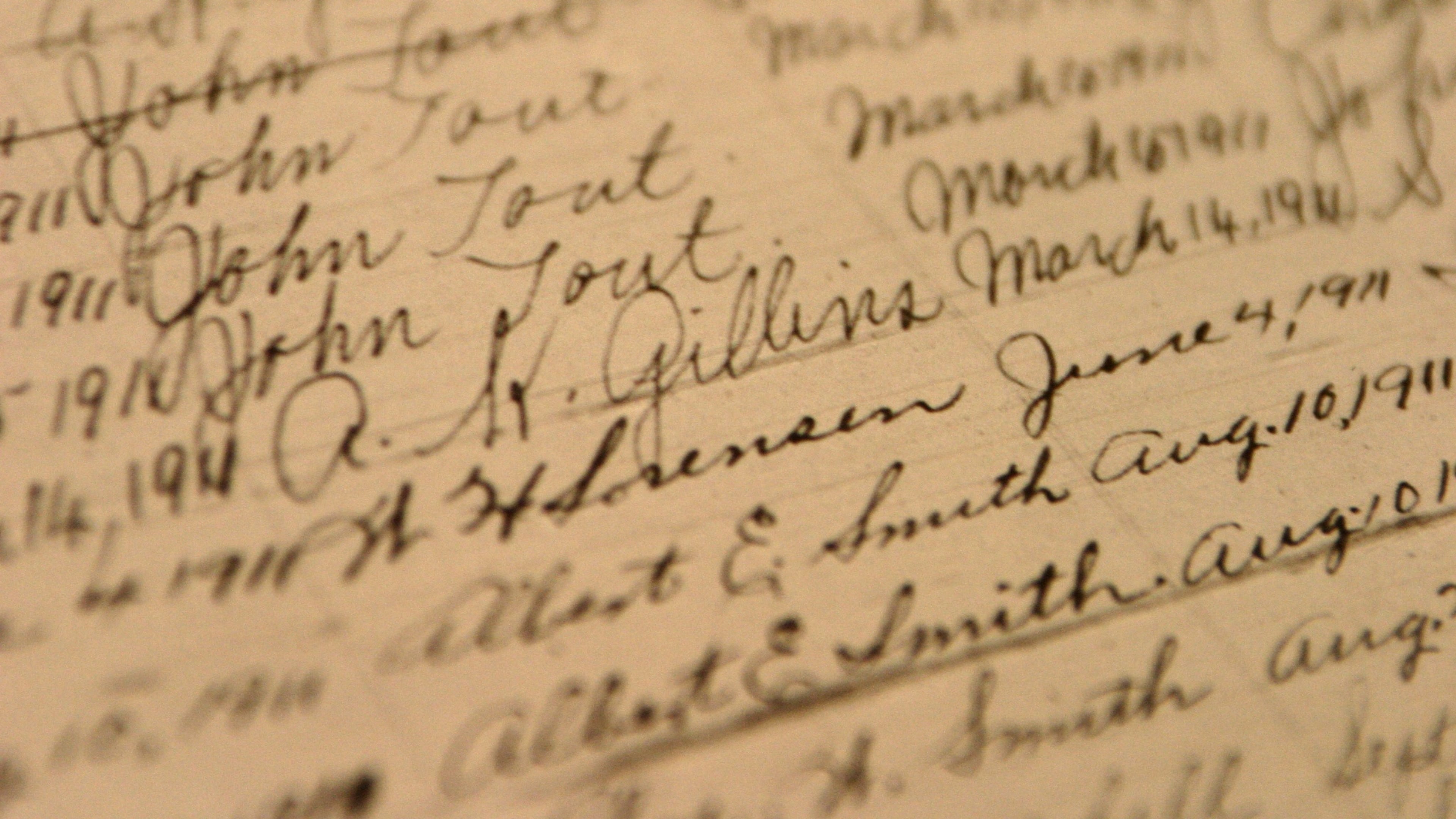Points to keep in mind about DNA testing for family research

DNA testing for ancestry is one of the most important tools to come along for genealogists, especially the serious ones.
While there has been much media coverage of privacy concerns related to how test results are used, their usefulness for research cannot be denied. DNA helped me with several family mysteries and assisted in knocking down an impossible brick wall around who an ancestor was. Some important points should be remembered:
• DNA testing is voluntary.
• There is no national DNA database kept for regular folks. Matches are made only with other people who also have voluntarily taken DNA tests.
• Tests costs between $50 to $70 dollar, sometimes more. If you are given one, remember someone paid for it. Use it, or return the kit.
• Ethnicity results are hyped on television, but that is not why a serious genealogist tests. Ethnicity percentages are based on reference populations that can change over time. But all DNA matches are with real people.
• Autosomal testing — as offered by Ancestry.com, FamilyTreeDNA and 23andMe — can show kinships with roots back only six generations, due to the halving of your DNA with each generation going backward. I only have 6 percent of the DNA of a Civil War-era ancestor. You likely have no DNA from any ancestors before six generations, be they Native American or any others.
• GEDmatch.com, the company through which criminals have been identified by their cousins’ DNA, is totally voluntary. People have to copy their DNA results into that site. It is not automatic, and contains only a small subset of DNA tests done for genealogy.
DNA testing companies
The top three DNA testing companies for genealogy, in my view, are Ancestry.com, FamilyTreeDNA and 23andMe. They will offer bargains this spring. I have tested with all three, and have 60,000 matches at Ancestry, and 5,000 at FamilyTreeDNA, showing the vast difference in the number of people tested per company. Matches posted daily.
DNA educational opportunities
DNA lectures are offered by local genealogical societies at meetings, or via webinars. If you need DNA advice, check with one of the area's societies for a contact. Blaine Bettinger, a national DNA expert, will speak July 12-13 at the South Carolina Genealogical Society in Columbia. See scgen.org for details. Bettinger is the author of the best book on DNA, "The Family Tree Guide to DNA Testing and Genetic Genealogy," and lectures at many conferences.
Contact Kenneth H. Thomas Jr., P. O. Box 901, Decatur, GA 30031 or gagensociety.org.

